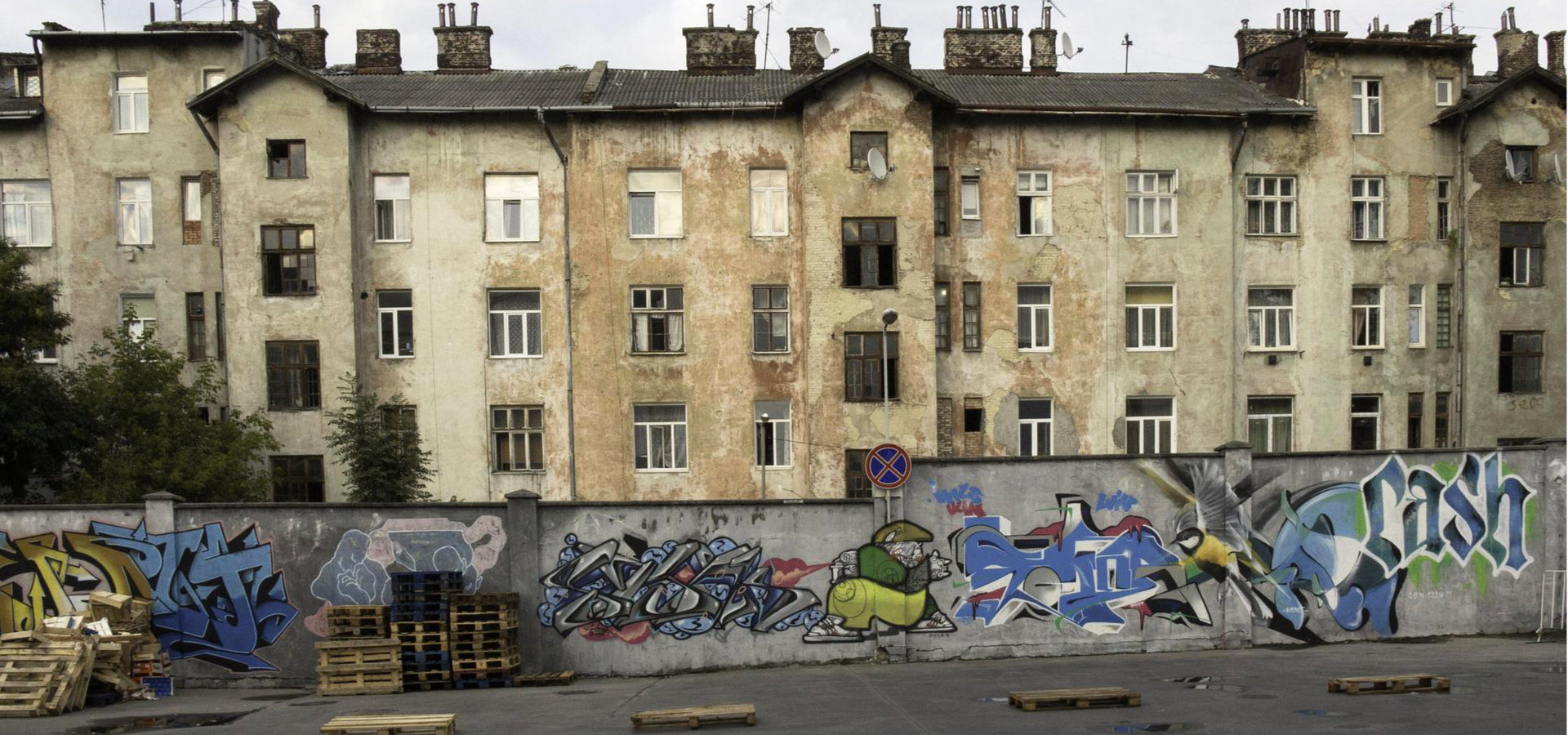An international study, in which the Instituto de Saúde Pública da Universidade do Porto (ISPUP) participates, has shown that belonging to a lower social class affects health, leading to higher levels of chronic inflammation. It should be stressed that chronic inflammation is associated with a number of diseases, such as cancer, cardiovascular disease and diabetes.
The article, published in the journal Scientific Reports and developed within the European project Lifepath, also showed that those who live in countries where there are greater discrepancies between the rich and the poor have higher levels of inflammation.
It is known that socioeconomic status, whether measured through income, education, social class or profession, affects health and the average life expectancy. There is already robust scientific evidence that shows that socioeconomic status can directly influence health through neurological and hormonal mechanisms. Belonging to a disadvantaged group can lead to psychosocial stress, which can generate an inflammatory response in the body.
According to Ana Isabel Ribeiro, an ISPUP researcher involved in the study, “in this work, we sought to see, on the one hand, the extent to which individuals of a lower social class had higher levels of inflammation and, on the other, if the population living in countries where there is greater social inequality also presented greater inflammation”.
To test these two hypotheses, the researchers used data from 18,400 individuals, aged 50-75 years, from four European countries – Portugal, Ireland, the United Kingdom and Switzerland. The subjects included five cohorts (longitudinal studies) from these countries: ELSA and Whitehall II (United Kingdom), TILDA (Ireland), EPIPorto (Portugal) and SKIPOGH (Switzerland). “These countries were chosen because they have different levels of social inequality within their societies”, says Ana Isabel Ribeiro.
The researchers considered profession as an indicator of socioeconomic status and the concentration of C-reactive protein as a measure of chronic inflammation. It is a protein that is produced by the liver, whose blood concentration increases when our body is dealing with inflammatory or infectious processes.
Portugal was found to be the country with the highest levels of chronic inflammation in the population, which may be due to the fact that the country (of the four considered) is the most socially unequal. Switzerland, on the other hand, presented lower levels of inflammation, which may be explained by the fact that wage inequalities are lower in this country.
“We found that the more unequal the country is, the greater the level of inflammation of individuals and also the more pronounced the socioeconomic gradient of inflammation. There is, in fact, a significant difference between the levels of C-reactive protein in the poorer and the richer classes”, says the ISPUP researcher.
Research shows that “social class is a health risk factor. Moreover, we can see that it is not only the fact that being rich or poor that has an influence, but also living in a society where there are great asymmetries. The presence of large social inequalities can be detrimental to all people, regardless of the position they occupy in the social hierarchy”, she concludes.
The study is called A Comparative Analysis of the Status Anxiety Hypothesis of Socio-economic Inequalities in Health Based on 18,349 individuals in Four Countries and Five Cohort Studies .
About the Lifepath project:
Lifepath (Lifecourse biological pathwaysunderlying social differences in healthy ageing) is a European project funded by the European Commission to investigate the biological mechanisms by which social inequalities lead to health inequalities.
Image: Pixabay/Computerizer



